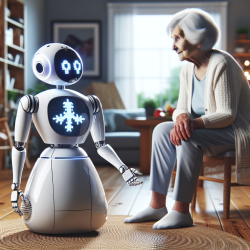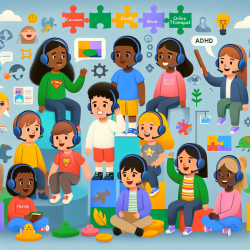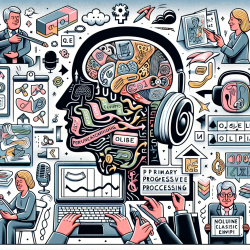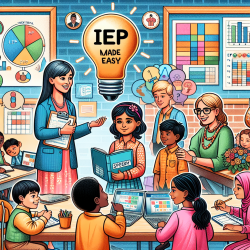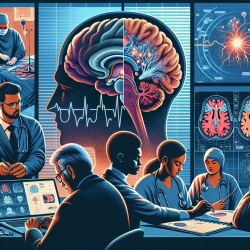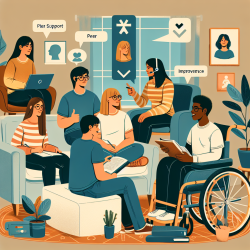In the ever-evolving field of dementia care, technological advancements are paving the way for more effective and compassionate approaches to managing repetitive questioning—a common challenge faced by caregivers of persons with dementia (PwDs). A recent study titled A simulated experiment to explore robotic dialogue strategies for people with dementia, explores how adaptive conversation strategies can be leveraged through reinforcement learning to enhance interactions between PwDs and conversational robots.
The Challenge of Repetitive Questioning
Repetitive questioning is a prevalent symptom among PwDs, often leading to frustration and exhaustion for caregivers. The study highlights that conversational robots can play a vital role in addressing this issue by providing consistent responses without fatigue—a significant advantage over human caregivers.
Harnessing Reinforcement Learning
The research introduces a general reinforcement learning model that adapts conversation strategies based on the cognitive capabilities and engagement levels of PwDs. By employing Q-learning, the model optimizes the rate and difficulty level of follow-up questions to maintain meaningful interactions and stimulate cognitive activities.
Key Findings
- The Q-learning model outperformed random action selection models in maintaining engaging dialogues with PwDs.
- The adaptive strategy was effective across different cognitive capabilities and engagement levels.
- The approach demonstrated potential in reducing repetitive questioning behaviors while enhancing cognitive stimulation.
Practical Implications for Practitioners
For practitioners in dementia care, integrating these insights into daily practice could significantly improve patient interactions. Here are some steps to consider:
- Explore Adaptive Technologies: Stay informed about advancements in conversational robots and consider incorporating them into your care strategies.
- Customize Interactions: Tailor robot interactions based on individual patient profiles to maximize engagement and cognitive stimulation.
- Continuous Learning: Encourage ongoing research and training to stay abreast of new developments in robotic dialogue systems.
The Future of Dementia Care
This study offers a glimpse into the transformative potential of assistive technologies in dementia care. As we continue to refine these approaches, the integration of multimodal sensing technologies could further enhance robot-human interactions by providing real-time feedback on user engagement and emotional states.
For those interested in delving deeper into this research, I highly recommend reading the original paper: A simulated experiment to explore robotic dialogue strategies for people with dementia.
By embracing these innovations, we can look forward to a future where technology not only supports but enriches the lives of those living with dementia.
